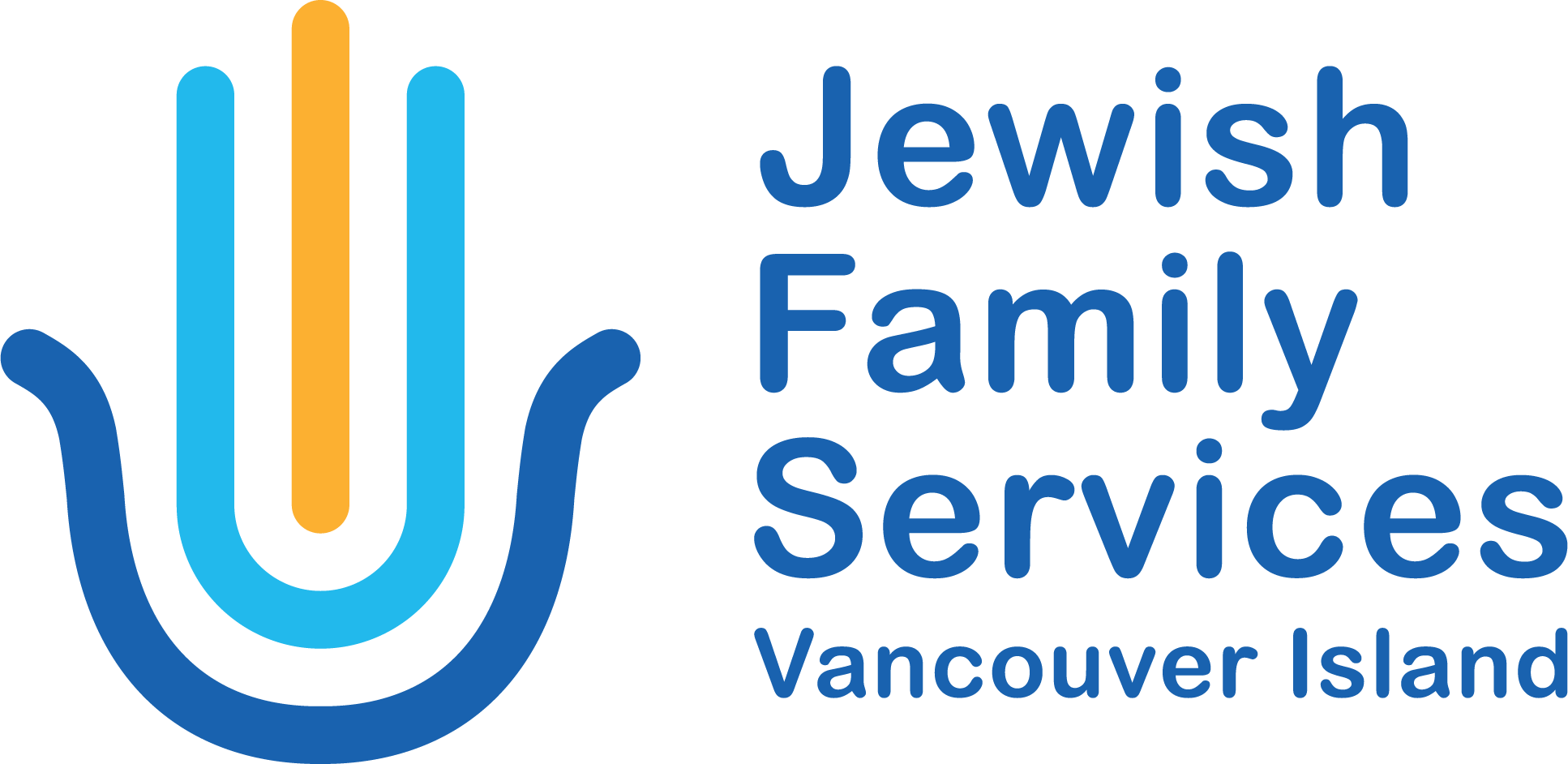Reflections for the New Year
by Dr. Elior Kinarthy
Between Rosh Hashanah and Yom Kippur, it is traditional for Jewish people to greet each other with ”Shana tova, v’gmar hatima tova”. This literally means, good year and at the end, a good signature. This implies that at the end of the year one should sign a contract for good behaviour for the year ahead. This contract is contemplated during the 10 days between Rosh Hashanah and Yom Kippur, the ten- ha yamim ha noraim, literally translated in Hebrew as the “terrible ten days.” In English, most refer to this as the ten days of awe. Why in Hebrew is it written as the terrible days? In the Torah the word “norah or noraim” (plural) appears often as a warning to fear G-d.
In the Torah, a frequent use of the word “norah” occurred in the story of Korach, a wealthy man, who was swallowed up by an earthquake when he and all of his followers challenged G-d’s authority. In other words, starting a new people and a new religion required absolute obedience at the time. So why was Judaism at that time not a democracy? Not only was it a matter of physical and spiritual survival but they were also slaves and not ready for individual decisions. So from the beginning of the Jewish people, it was recognized that a written contract would more often create obedience and good behaviour but it could also create rebellion as well.
I believe that Psychology and Judaism relate well to each other because a lot of the statements from the Bible and from ancient sages can be considered guiding behaviours. The quotes in the “Tehillim” or Psalms for example, can be very beneficial psychologically and I recommend that you read from them everyday. Another beneficial technique in behavioural psychology is to work on contracts or agreements that will improve behaviours and can help one to live a better life.
Signing contracts for behavioural outcomes has often been done by psychologists to achieve specific objectives. Behavioural objectives are not as important in my opinion, as the contract for Rosh Hashanah. The g’mar hatima tova affects your relationship with G-d and your neshama (spirit or soul) and whether or not you have sinned. The interpretation of what is a sin can be very difficult and controversial. Today, in modern Judaism each person must decide for themselves what behaviours would be considered a sin. In my opinion, sin is mostly tied to hurting another human being.
Neshama in Hebrew is literally the breath of life. Therefore be good to yourself by taking deep breaths and treating your body well, give kindness to others and work towards helpful behaviours. This is the time to reflect and create a beautiful New Year in 2022-23 (5783).
